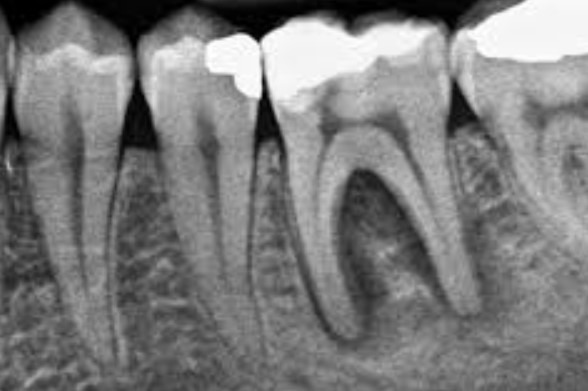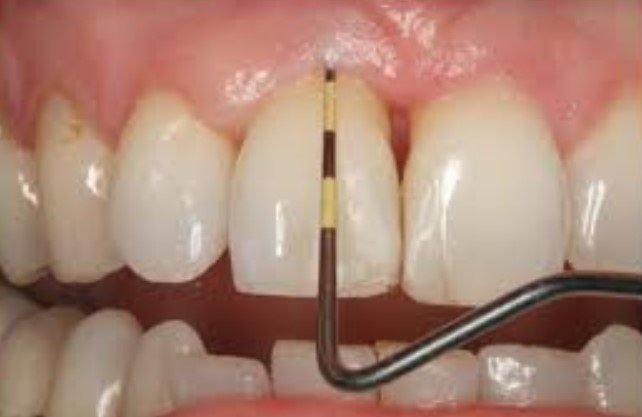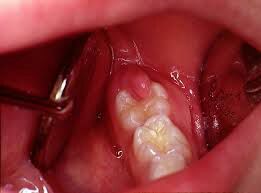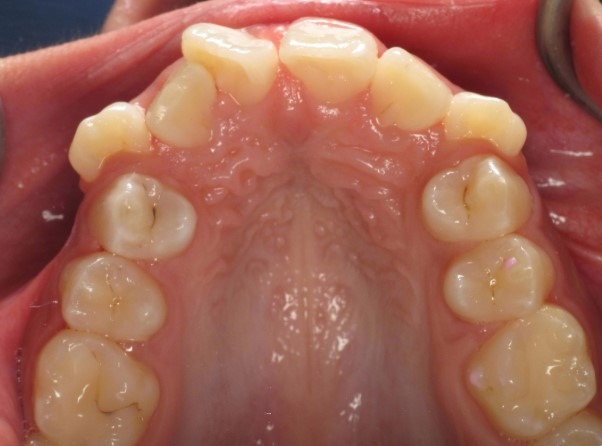When is it time to pull a tooth?
We get it, no one wants to lose their teeth! You only get one set of permanent teeth and replacing a missing tooth is no easy task. Then again, a crown or root canal can only do so much to save your tooth. Sometimes teeth reach the point where extracting them is the best option. Luckily, there’s always the option to replace your missing teeth with dental implants. Therefore, losing a tooth does not necessarily mean you can’t get your tooth back. So when is it time to simply say goodbye to your tooth? At what point is it smarter to start saving up for dental implants instead of redoing that one crown or root canal over and over again? Let’s take a look at a few common scenarios where saving a tooth is no longer worth it:
Insufficient tooth structure

Each time your dentist works on a tooth, you lose more and more of your tooth structure. Teeth have a limit on how many times they can be worked on before they start to fail. Once you’ve had several fillings, posts, crowns, root canals, etc. there’s hardly any more tooth structure left. Teeth like this are generally not worth saving. Trying to salvage these teeth will only result in more recurring problems. Save yourself the trouble and just remove what’s left of your tooth. Start saving up for dental implants instead of spending more time and money trying to fix a failing tooth.
Severe infections

One way to save infected teeth is via root canal therapy. However, root canal therapy can only do so much to save your infected teeth. Teeth with massive infections do not respond well to root canal treatment. Severely infected teeth oftentimes fail, regardless of whether they receive a root canal or not. Plus, you risk continuous leakage of infection into your bloodstream from teeth with failed root canals. It’s best to remove these massively infected teeth from your mouth.
Terminal gum disease

One of the most common reasons teeth have to come out is because of gum disease. Once your teeth lose enough supporting bone structure, they can no longer be saved. Especially given the fact that gum disease is only treatable in its earlier stages. Once you lose enough of your supporting bone structure, there’s not a whole lot your dentist can do to save these teeth. Gum surgery may be an option, but oftentimes it’s already too late for most patients. In most of these cases, you’ll have to say goodbye to not just one bad tooth, but to a few of them… sometimes even all of your teeth!
Wisdom teeth

Let’s be clear, not every wisdom tooth has to be removed from your mouth. If your wisdom teeth erupt in an upright position where you can clean them and they fit comfortably in your mouth, then you get to keep them. However, if your wisdom teeth start causing problems then they need to be removed. For example, if your wisdom teeth are in a position that they cause tooth crowding, pain, or infection, then you need to remove them. The sooner you remove problematic wisdom teeth, the better the outcome and the quicker your recovery period.
Extra teeth

The last reason to take out your teeth is if you have too many of them in your mouth. Any tooth that does not properly fit into your jaws is considered to be an extra tooth, for example:
- Supranumerary teeth: These are teeth that are in excess of the maximum number of teeth you should have in your mouth and they usually cause crowding and other problems
- Impacted teeth: These are teeth that get trapped in your jaws and don’t erupt properly into their position
- Too many teeth: Some people simply have a size discrepancy between their teeth and jaw size where they need to sacrifice a few of their teeth to make room for others
Trying to hang on to extra teeth is never a good idea. These teeth can lead to crowding, food trap, and eventually infection. They can also precipitate gum disease by making it more difficult to maintain adequate oral hygiene. Therefore, it’s best to rid yourself of these extra teeth to protect your remaining teeth and your gums. It’s not worth trying to hang on to a tooth that’s going to cause crowding or compromise the rest of your mouth. Remove your extra teeth from your mouth and the rest of your teeth will thank you for it!
How do I decide if a tooth needs to be removed?
You should always consult with your dentist first to see if your tooth is salvageable or not. Your dentist will examine your tooth, take appropriate X-rays, and help you decide if your tooth can be saved. If your dentist can save your tooth, you will probably have to receive a filling, crown, or root canal treatment. If it’s determined that your dentist can not save your tooth, then you will have to extract the tooth. Your dentist will most likely review your tooth replacement options as well, which include dental implants, bridges, and dentures.
Leaving infected teeth in your mouth is harmful, both to your oral health and your overall well-being. Click on the link below to find a dentist to help you remove your problematic tooth. You can use our dentist Search Engine to see which dentists offer tooth extraction (or sedation if you’re a scary cat!) to start fixing your mouth today:
0 Comments